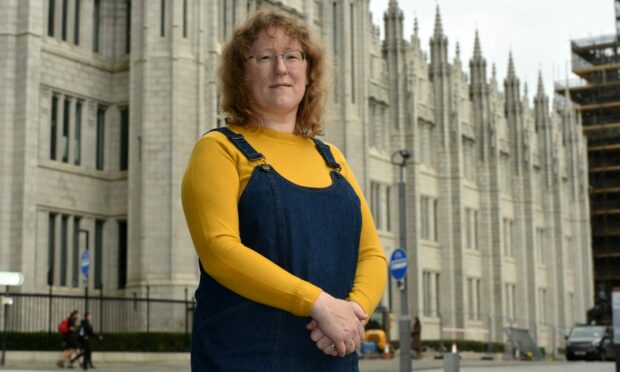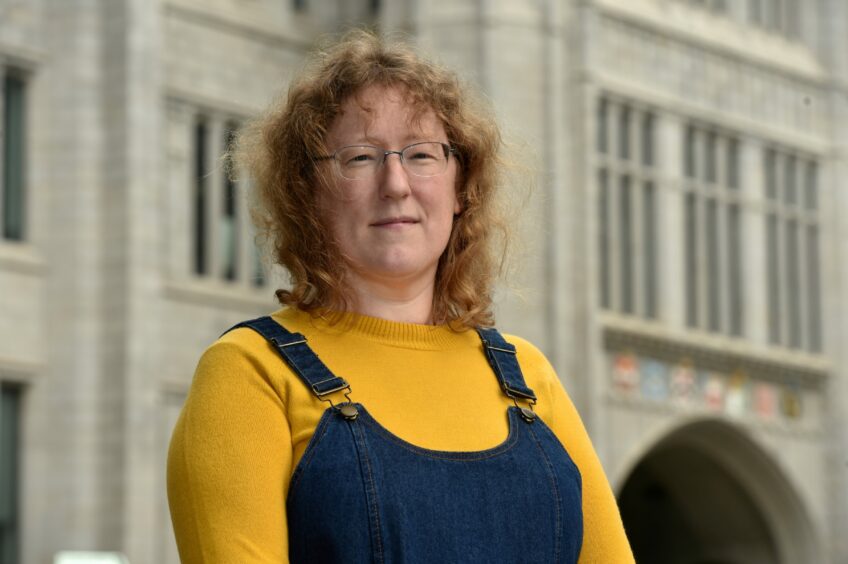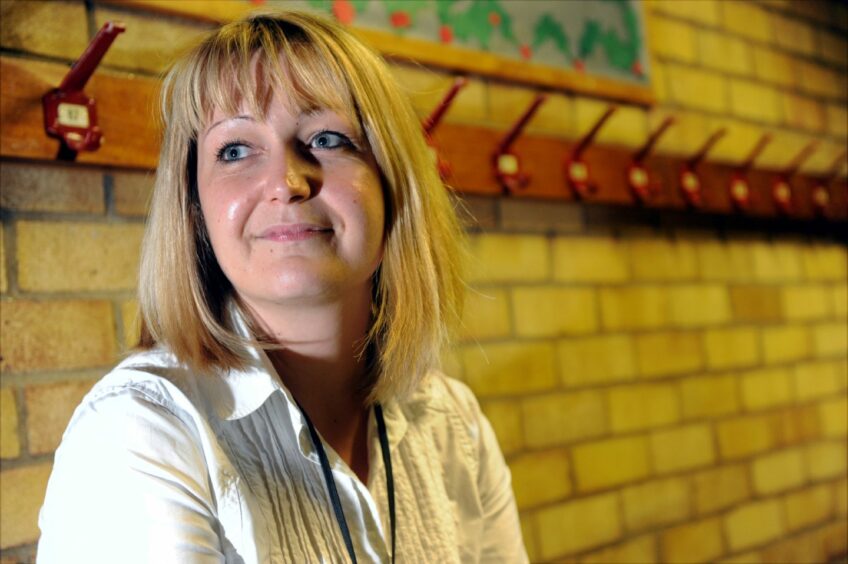A campaigner has accused Aberdeen City Council of ‘disability discrimination’ over its school estate plan.
Members of the local authority’s education committee were told they were failing in their duty to provide equality.
The committee discussed the school estate plan during yesterday’s meeting, the first since May’s elections.
Autism and Other Conditions Aberdeen (AAOCA) committee member Alison Murray said that, as it currently stands, the council’s school estate plan does nothing for those with disabilities.
AAOCA is a volunteer support group which meets every fortnight in the city.
Speaking in person to the committee, Ms Murray said the report makes “no mention” of accessible schools.
‘This is disability discrimination in any reasonable assessment’
“The school estate plan makes no mention of accessibility or whether it is included in the existing school estate,” she said.
“The continued absence of a plan to improve the physical environment of schools to increase the extent to which disabled pupils can take advantage of education is disadvantaging Aberdeen’s disabled pupils.
“In any reasonable assessment, this is disability discrimination and a failure of the council’s public sector equality duty.
“I call upon the committee to implement a plan that means at the very minimum the statutory duty set out in the act, and in doing so reduce the disadvantages Aberdeen’s disabled children face.”
Members of the committee agreed to give officers until the autumn to provide a more in-depth report.
Education chief sets out position
Aberdeen’s chief education officer Eleanor Sheppard said it was “impossible” to make all city schools completely accessible.
She told the committee that some schools were built during Queen Victoria’s reign and have their own “considerable challenges.”
“I think we all recognise we have a very varied school estate,” said Ms Sheppard.
“We have some buildings that are accessible to a very high proportion of children and young people.
“But what I would say, after being the head teacher at Mile End and having had conversations with senior health colleagues, it would be impossible to make each environment ideal for every single young person.
“We have schools which are relatively new, which have been built with accessibility in mind. But we do have a number of old Victorian buildings and there are considerable challenges there.”
Ms Sheppard added that the school estate plan will have recommendations so that buildings can comprise a “level playing field.”
More from the Schools and Family team
Real Life Parenting Dilemmas: How much pressure should you put on your child’s exam scores?



Conversation